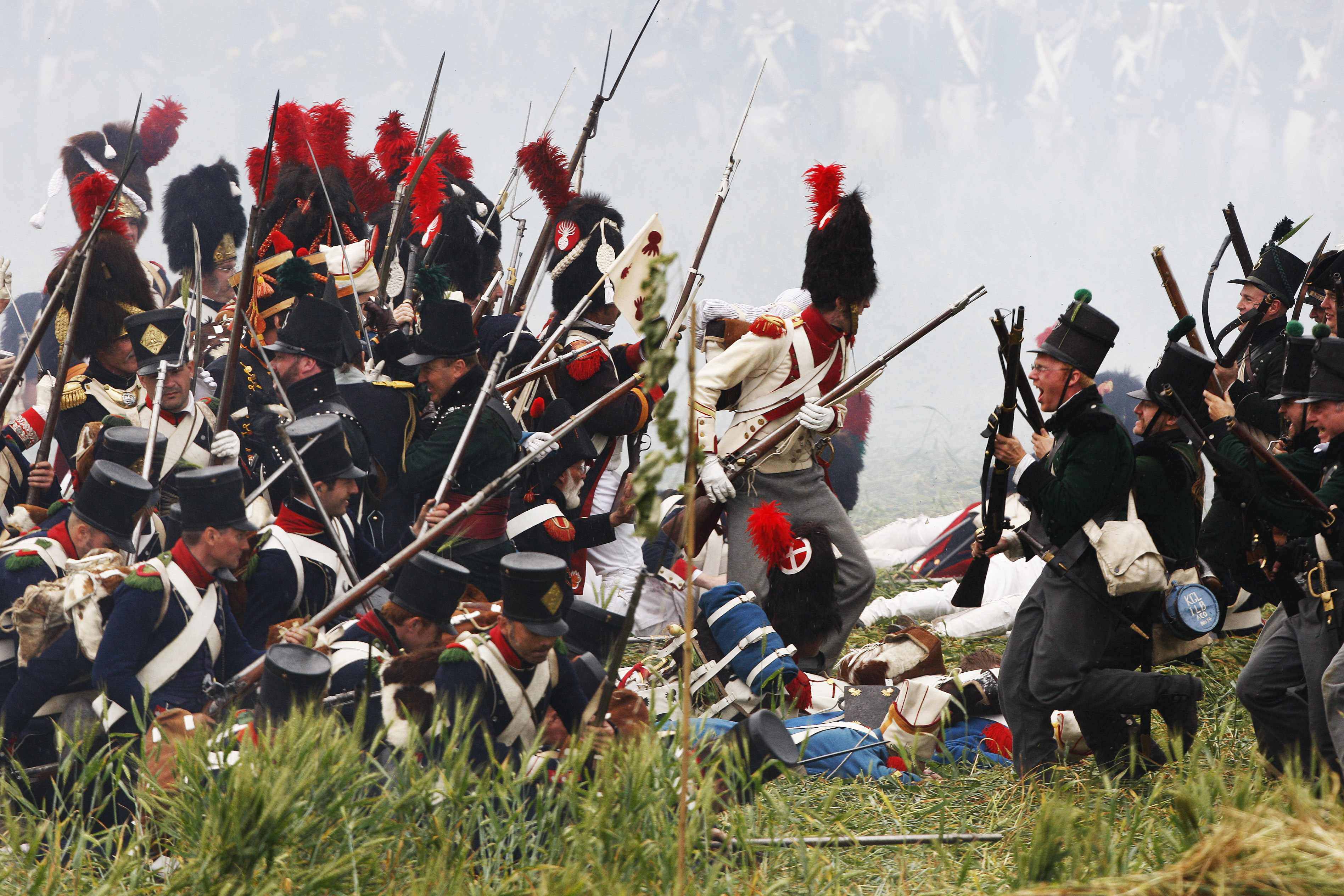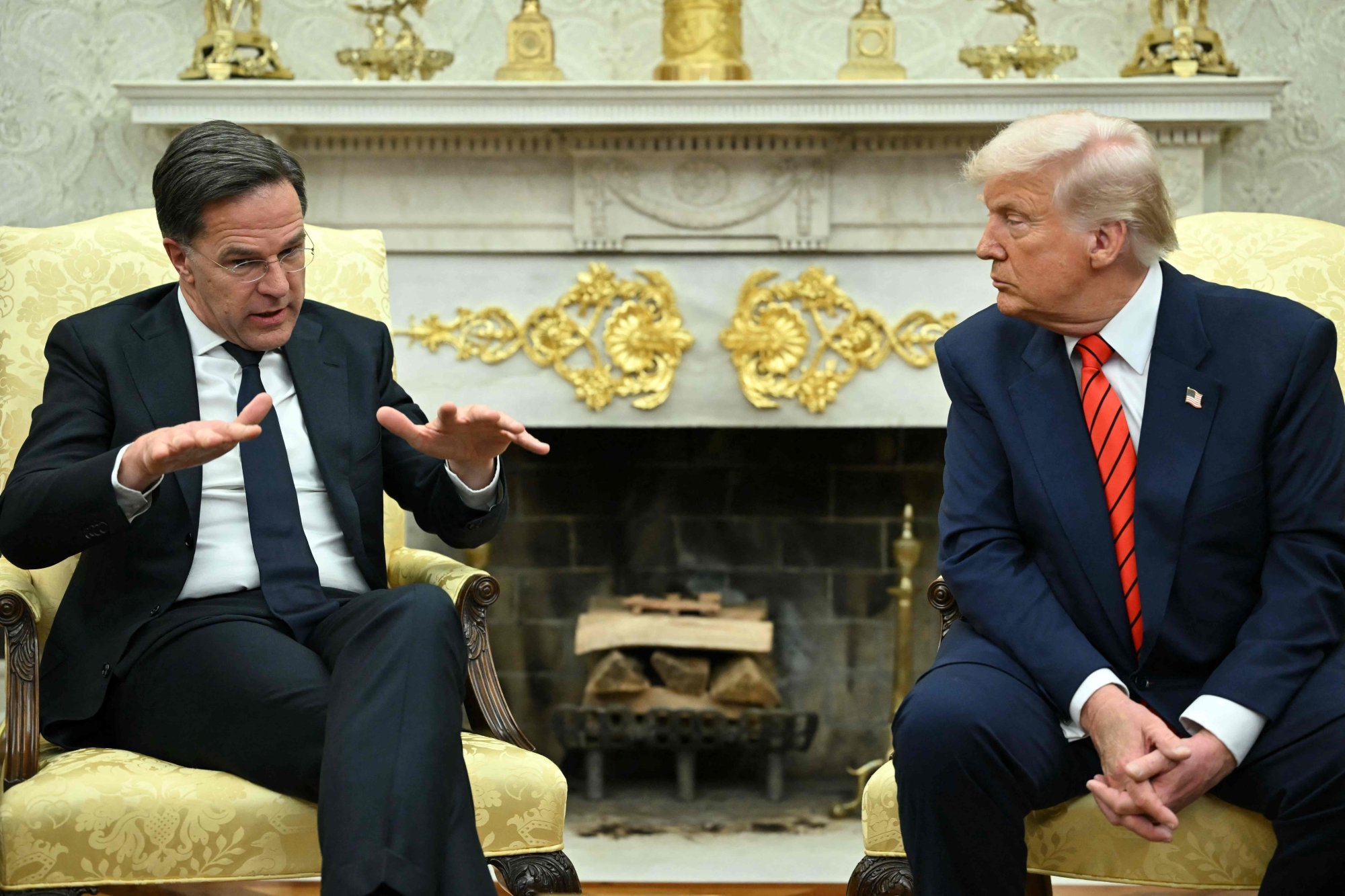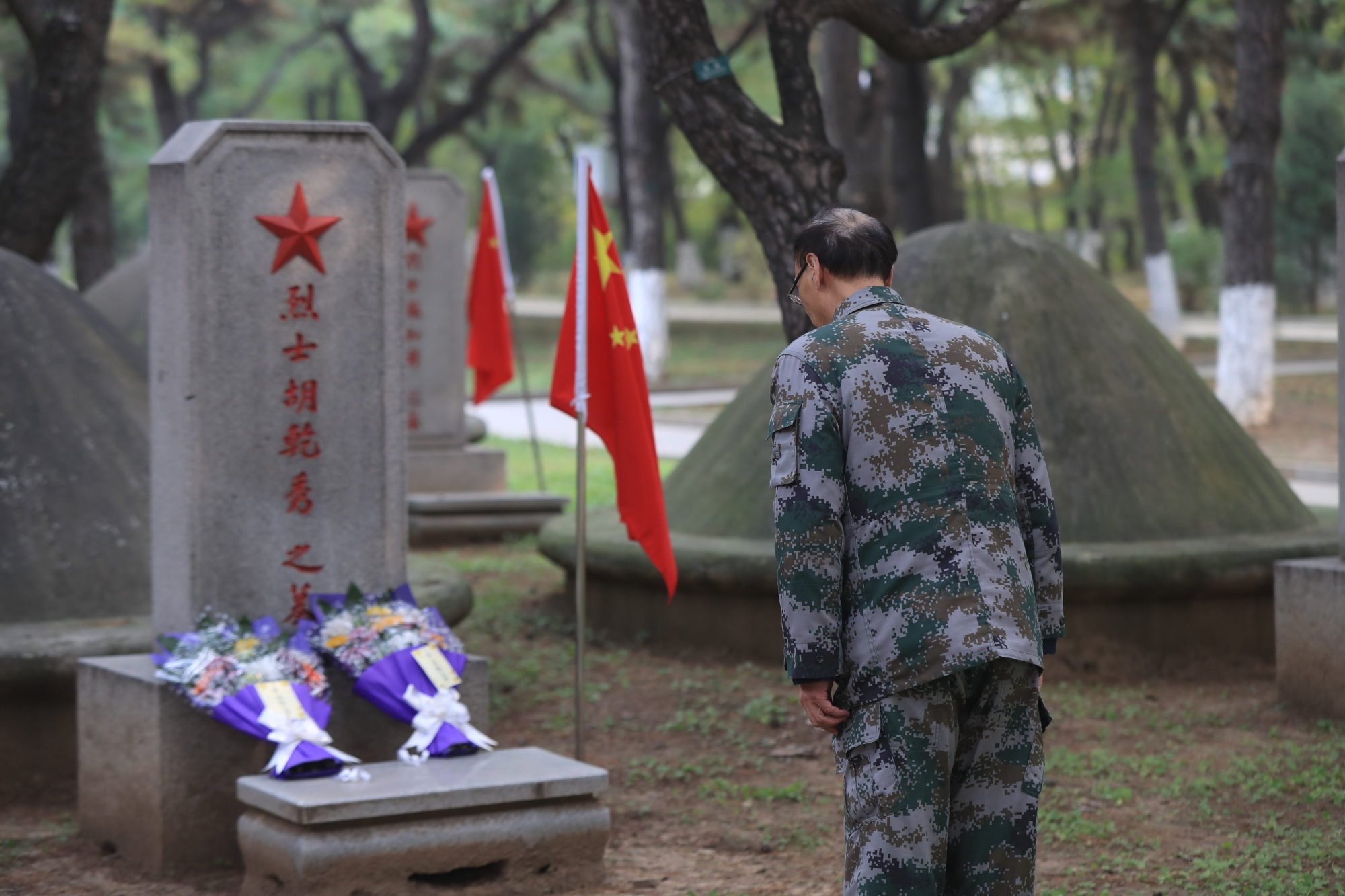The US should take heed – superpowers rarely fall overnight
Donald Trump’s policies mirror those of past empires that mistook short-term gain for long-term stability

The West is at an inflection point. The rise, fall and transformation of civilisations are often traced to the decisions of their leaders. US President Donald Trump’s policies and rhetoric are accelerating the unravelling of the Western world order, echoing the mistakes of past rulers whose unwise actions led to irreversible decline.
After World War II, the Western world order was built on globalisation and international law. But as global competition intensifies, the concepts that once enforced Western hegemony are being abandoned. Trump and his advisers are desperately trying to stay ahead of civilisational decline.
Trump’s approach is not an anomaly but an amplification of the Western tendency to pursue self-interest and raw power. His administration has openly discarded the mask of benevolence, embracing policies of xenophobia, isolationism and transactional diplomacy. These actions have eroded trust among allies, weakened international institutions and exposed the West’s moral and strategic vulnerabilities.
Trump’s tariffs, imposed even on America’s closest allies, have undermined the fundamentals of US and Western economic dominance. The safety of US bonds and currency – long considered unassailable – has been called into question, shaking global confidence. The tariffs are expected to stoke inflation and may trigger a recession.
The Trump administration’s verbal attacks on Nato allies have turned the US from the Western world’s greatest asset into its biggest liability. The transatlantic alliance, a cornerstone of Western security, is fraying. Favourable attitudes towards the US have plummeted across Europe. Trump’s denial of facts, embrace of nationalism and undermining of democratic norms have accelerated a loss of faith in the Western project.

History is replete with examples of empires undone by their leaders’ hubris, short-sightedness or divisiveness. Diocletian’s reforms were meant to stabilise the Roman empire but sowed the seeds of future turmoil. Administrative division created burdens and fragmentation, weakening central authority and hastening the empire’s fall. Trump’s policies of stoking internal division and focusing on perceived external threats mirror these fatal errors.
The Soviet Union did not fail due to external pressure alone; it was dissolved when it lost self-belief and ideological cohesion. Failure to adapt, corruption and neglect of reform led to the Ottoman Empire’s slow decline.
History warns us that empires and civilisations rarely fall overnight; decline is a process, often hastened by leaders who mistake short-term gain for long-term stability. Trump’s policies – marked by division, isolation and a disregard for shared values – are accelerating Western decline. The parallels with Rome, the Soviet Union and the Ottoman empire are striking and sobering.
However, some nations are more resilient than others. Vietnam recently celebrated the 50th anniversary of its victory over the US. The Vietnamese suffered staggering losses in the 20th century, fighting several technologically superior adversaries, including France. In 1946, Vietnamese revolutionary Ho Chi Minh warned the French, “You can kill 10 of my men for every one I kill of yours, yet even at those odds, you will lose and I will win.” The French were eventually defeated in 1954.
Between 1965 and 1975, the US military dropped twice as many tonnes of bombs on Vietnam, Laos and Cambodia as were dropped during World War II. At least 3 million Vietnamese died as well as more than 58,000 Americans. To many in the West, it seemed inconceivable that the Vietnamese would make the tremendous sacrifices they did.
When Napoleon Bonaparte invaded Russia in 1812, the Russians burned their fields and crops as they retreated to deny the invaders resources. When the French entered Moscow, they found the city deserted; the Russians had evacuated the capital and later set fire to much of it. With winter approaching and no supplies for his troops, Napoleon was forced to retreat; only 93,000 men out of 600,000 survived.
Ignoring history, Adolf Hitler also underestimated the Russians who put up an epic struggle at the cost of 27 million lives to repel the German military. For both Napoleon and Hitler, invading Russia spelled the beginning of the end. Today, wide-ranging Western sanctions fail to strangle Russia, even as they strain Europe’s economy.
As an impoverished country emerging from a long war of resistance against Japan, China brought the US, a superpower, into a stalemate on the Korean peninsula 75 years ago.

As for decoupling, China has developed over 5,000 years – much longer than the history of the modern US. It will continue to develop with or without the US market. Supported by regional agreements such as the Regional Comprehensive Economic Partnership and supply chain connectivity, Chinese exports to the Association of Southeast Asian Nations already surpass those to the US and the European Union.
The fact that China managed to lock down entire cities – many of which were larger than American cities – during the Covid-19 pandemic suggests much of its population is prepared to suffer temporary inconveniences for the greater good.
Despite China’s current level of prosperity, the country knows what deprivation looks like. Up until the 1980s, many could afford meat only once a month. Economic hardship from a trade war will not defeat them.
The US can still choose renewal over retrenchment, cooperation over confrontation and principle over expediency. But this requires recognising the lessons of history and the urgent need to adapt to change, not resist it.
If the West fails to heed these lessons, Trump’s legacy may well be acting as the catalyst that hastened the West’s irreversible decline.